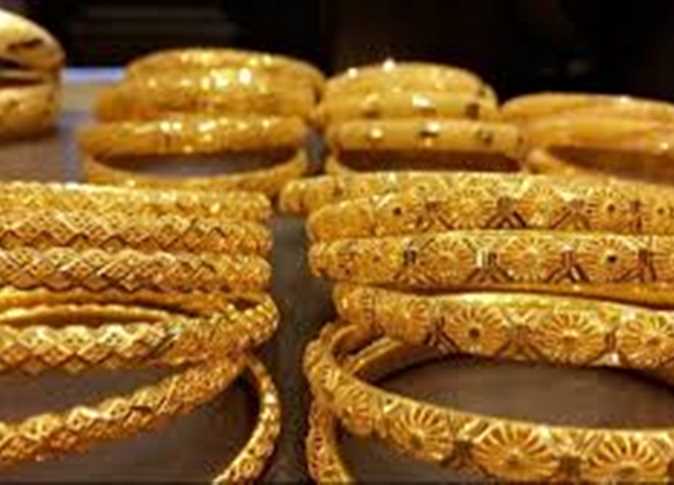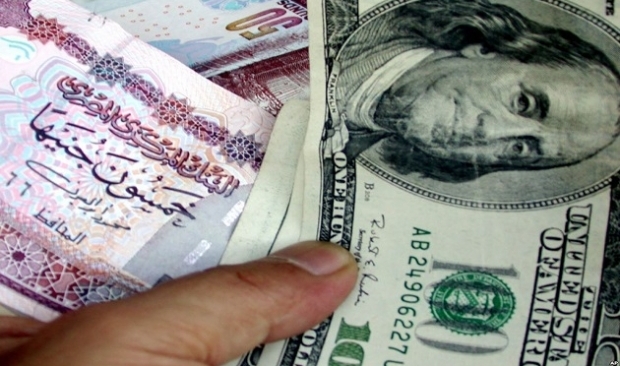
The Egyptian pound held steady at an official foreign currency auction on Thursday and weakened slightly on the black market.
Egypt, which depends on imported food and energy, is facing a dollar shortage and mounting pressure to devalue the pound. The central bank surprised markets when it strengthened the pound on Nov. 11 by 20 piasters against the dollar.
On Tuesday it sold $39.4 million at a cut-off price of LE7.7301 to the dollar, unchanged from Tuesday, providing 37.74 percent of the amount requested by banks.
The official rate is still far from that on the black market, which was quoted at LE8.56/57 to the dollar on Thursday by two traders, making the pound marginally weaker than Tuesday's black market rate of LE8.53.
Egypt's reserves have tumbled from $36 billion in 2011 to $16.4 billion in October, and the country has been rationing dollars through weekly auctions to banks, keeping the pound artificially strong.
Last week the central bank said it had changed the way it allocated dollars at its foreign exchange auctions. It provided fewer banks with dollars but at higher allocations.
Previously, banks in Egypt had been accustomed to receiving a regular quota of dollars at each foreign currency sale. Since the changes, some banks said they were declined dollars at the regular auctions.
The country has been starved of foreign currency since a popular uprising in 2011 ousted autocrat Hosni Mubarak and drove away tourists and foreign investors.
In February the central bank imposed capital controls, limiting dollar-denominated deposits to $50,000 a month in an attempt to fight the black market. The move caused problems for importers, who could no longer source their foreign currency needs.




